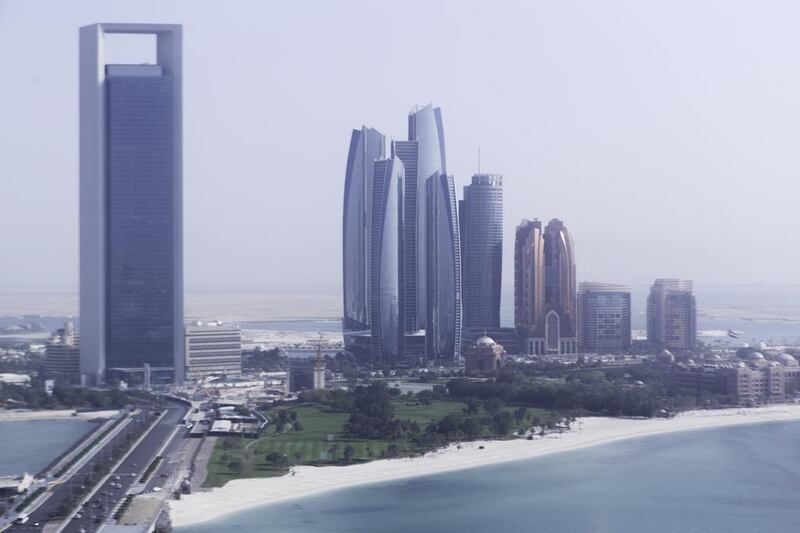Tourists are a bit like trout, it seems to me. When we end up with too many of the one and too few of the other, we arrive at the same problem: the conundrum known as the “tragedy of the commons”. Think about it: if we fish as if there will always be plenty of trout, we discover that the trout are almost gone. As tourists, we flock to this or that off-the-beaten-path destination only to have the path become so well-trodden that the place loses its allure.
I’ve just returned from attending a conference in Iceland and at the end of the conference, I spent a day touring the marvellous landscape just outside the city of Reykjavik. According to an Icelandic friend, before the financial crash of 2008, Reykjavik was primarily known as an expensive “party town”, where you could stay awake all night under the midnight sun, frolicking in geothermal baths. Following the double whammy of the crash, which resulted in those responsible going to jail, and the eruption of Eyjafjallajokull, the country had to find a way to put its economy back together. What’s that old saying about necessity being the mother of invention? Iceland’s necessity has resulted in a booming tourist industry, with more than two million visitors in 2016. Judging from the number of tour buses that we saw during our day of exploring, there seems no danger that tourism is slowing down.
It may seem an unlikely comparison but as I drove through the Icelandic countryside, marvelling at waterfalls and glaciers and incredibly green, tree-less mountains, I was thinking about Abu Dhabi and its efforts to develop tourism as part of the 2030 plan. It wasn’t just that in both cities, cranes and construction are everywhere, but also that both cities are using tourism to diversify their economies.
From my apartment window in Abu Dhabi, I can see Saadiyat Beach, where three huge hotels are being built so fast it seems like they’re racing each other to completion. That means five hotels will line the beach: do we expect that many tourists to stop here on layovers between Europe and Asia?
The hotels in Reykjavik were packed, as were the restaurants and the shops, and the ubiquitous tour buses. As my friends and I pulled into each of the sites we wanted to visit, the buses were always there first, disgorging tourists from all over the world, eager to check the geysers, national parks and waterfalls off their “bucket lists”. I suppose that really, unlike fish, natural wonders aren’t precisely consumable: there isn’t less waterfall for me to experience just because there are hundreds of other people staring at it too.
On the other hand, I’m sure that many of you have had the experience of visiting some iconic landmark and instead of revelling in the sight, you end up feeling like you’re in a crowded train at rush hour because of all the people jostling you. My Icelandic acquaintance mentioned just this problem, telling me that a few years ago, she would be able to hike in solitude or cycle without fear of being flattened by a bus; she suggested that we try to time our touring to avoid the worst of the tourist crush.
What would happen to the grandeur of Rub al Kali, for instance, if its deep silence were punctuated by a guide’s chatter, the pinging of mobile phones, the whirring of camera lenses?
I don’t have an answer for the conundrum of how to balance between development and restraint. Who is to say that everyone shouldn’t be able to visit whatever sites they want, in whatever numbers, crowding into these places like so many trout swimming upstream to spawn? Maybe part of the fun of a beach visit should be spending 10 minutes looking for a spot to place your towel?
What I do know is that on our tour of the countryside, we spent a cold, rainy afternoon floating in a natural hot spring, billows of steam eddying around us. It was amazing, and no, I won’t tell you where it is.
Deborah Lindsay Williams is a professor of literature at NYU Abu Dhabi





